Dr Joseph Lelo, Medical Director at AMREF Flying Doctors, talks to ITIJ about challenges, awards, and helping to save patients
The diverse geography of Africa presents challenges in terms of accessibility. Can you tell us about your fleet composition and the significance of each aircraft?
In Africa, where vast landscapes, remote regions, and limited healthcare infrastructure pose significant challenges, AMREF Flying Doctors (AFD) supports its global customers even in the most difficult situations.
AFD’s fleet diversity
The Pilatus PC-12 is particularly valuable for missions in remote areas. It can take off and land on 600-metre dirt strips. However, challenges such as unmanned airstrips, livestock or people crossing the runway, damaged surfaces, and the need for daytime operations can impose critical time constraints. AFD mitigates these challenges through a well-coordinated operational control centre.
The Citation Sovereign excels in long-range missions and higher patient capacities. Its advanced avionics and spacious cabin ensure patient comfort and allow for the transport of multiple stretcher patients and accompanying medical personnel. This aircraft enables AFD to repatriate patients globally, from Europe and North America to the Middle East and Asia.
In early 2024, the Citation Sovereign demonstrated its capabilities. AFD successfully transported a critically ill patient from Nairobi, Kenya, to San Diego, USA – a 14,000km journey. The mission, involving two teams of medical personnel and pilots, ensured round-the-clock care throughout the 22-hour flight. It highlighted AMREF’s proficiency in long-haul, critical care transfers. AFD is Africa’s only air ambulance provider accredited by EURAMI for long-haul intercontinental air ambulance missions and adult critical care.
In 2024 there was a significant increase in civil instability and political unrest. How does AFD address the obstacles associated with patient repatriation from conflict zones?
In 2024 AFD encountered exceptional challenges, including political unrest and extreme weather, which added complexity to an already volatile environment. Operating in politically unstable regions affects cross-border operations, such as obtaining clearances, ensuring safety for passengers, crew, and aircraft, and overcoming flight-path restrictions. Despite these constraints, we completed over 1,000 medical evacuation missions, both nationally and internationally.
Navigating conflict zones requires meticulous planning and readiness. AFD relies on established relationships with local authorities and international partners, as well as experienced flight personnel. The safety of patients and teams remains the top priority. Our personnel are extensively trained in crisis response and adaptability, allowing them to remain resilient in challenging conditions. Collaboration with security professionals also ensures hazards are assessed, and the safest routes are chosen.
In recent years, AFD has carried out high-risk evacuations, including operations in Sudan during its civil war. One such mission involved flying a medically equipped PC-12 across the Red Sea to Jeddah, Saudi Arabia.
Critical care is required for about 10% of your patients during flights. Could you describe the demands placed on personnel in challenging situations?
With decades of experience, AFD has developed expertise in transporting critical patients. One case involved a complex extracorporeal membrane oxygenation (ECMO) transfer from Nairobi, Kenya, to Bangalore, India. The patient suffered severe acute respiratory distress syndrome (ARDS) due to Covid-19 complications, necessitating advanced ECMO support.
Transporting such a critical patient posed significant challenges. AFD emerged as the only organisation capable of executing the transfer. Upon receiving the case, the medical team quickly evaluated the patient’s condition and ECMO requirements. In coordination with ECMO specialists in India, the patient’s family, and the Nairobi hospital team, a detailed action plan was developed. The mission required managing the patient’s stability, ensuring power supply for ECMO equipment, and complying with international regulations. The patient arrived safely in Bangalore, continuing ECMO therapy and gaining renewed hope for recovery.
Accreditation is becoming increasingly critical in the industry. What is the significance of these accolades to AMREF?
Accreditations and awards are more than symbols on a wall; they reflect our commitment to excellence. In this industry, trust and credibility are essential. Accolades such as the ITIJ Awards and EURAMI accreditation affirm that we meet and exceed international standards for patient care, quality, and safety.
While we are proud of these achievements, our greatest motivation is knowing that these standards enable us to save lives more effectively in Africa and beyond.
First Published: ITIJ Magazine | Jan 2025
Contributor: Dr. Joseph Lelo
Editor: Jane W. Muthoni
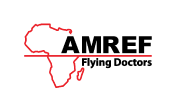

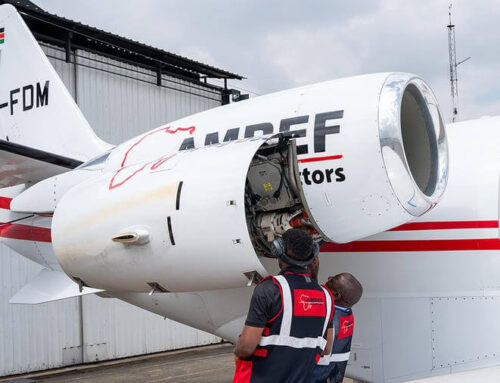

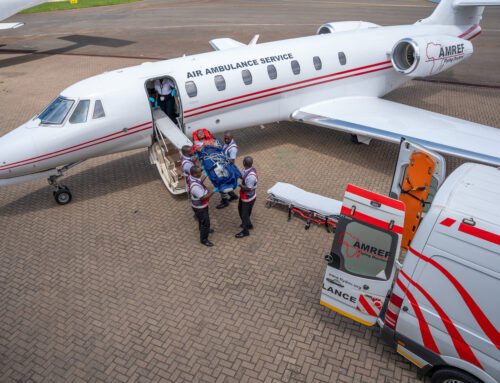
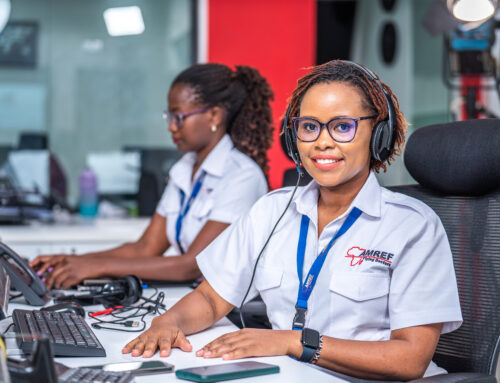



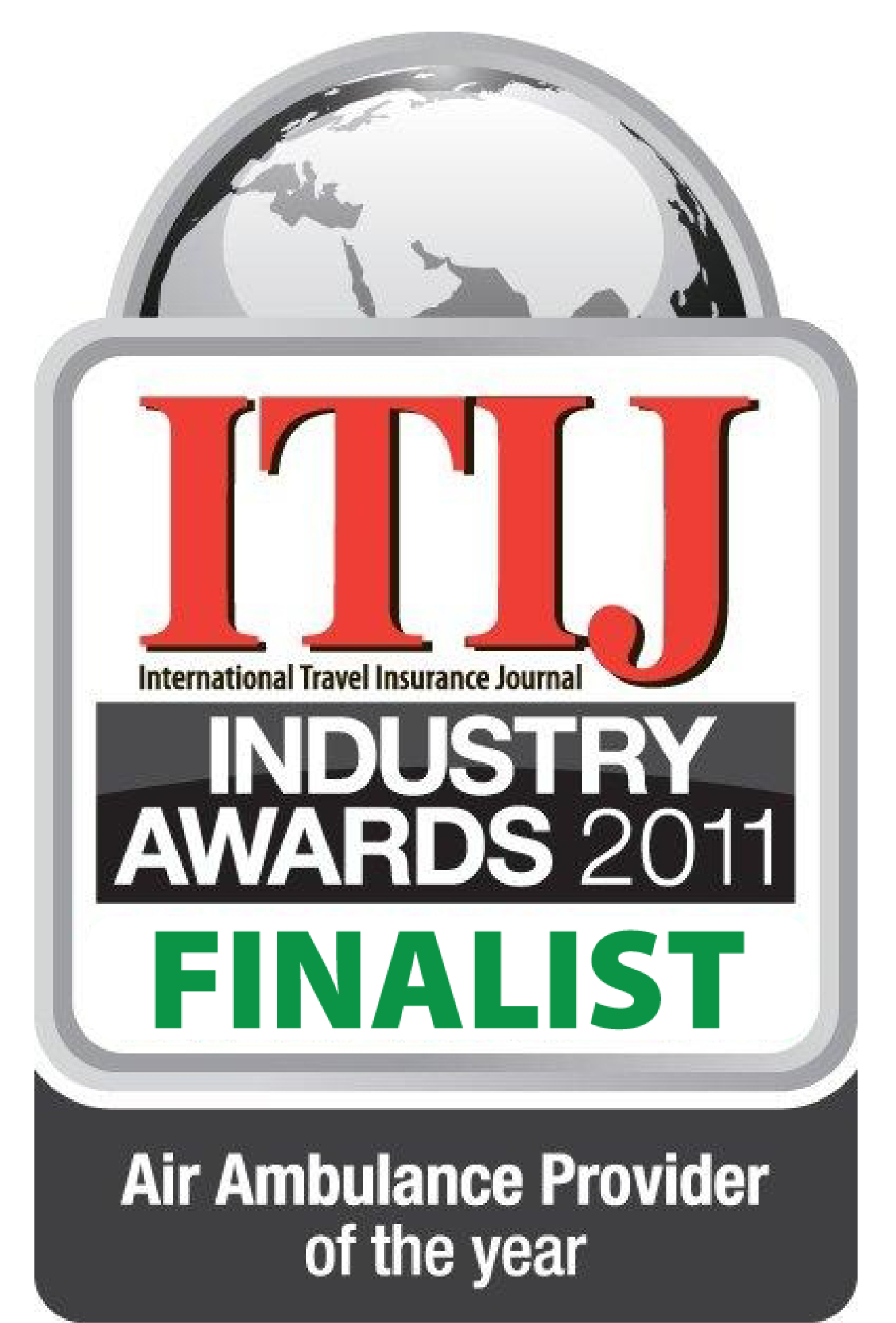
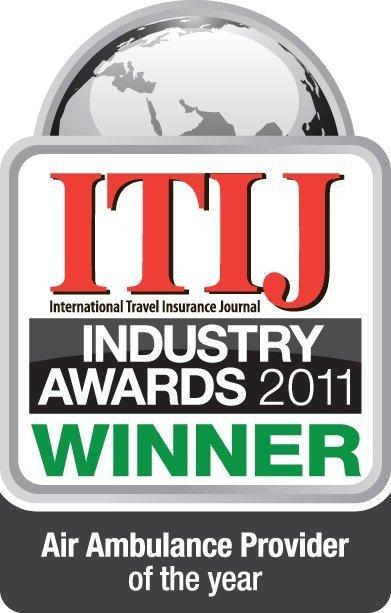
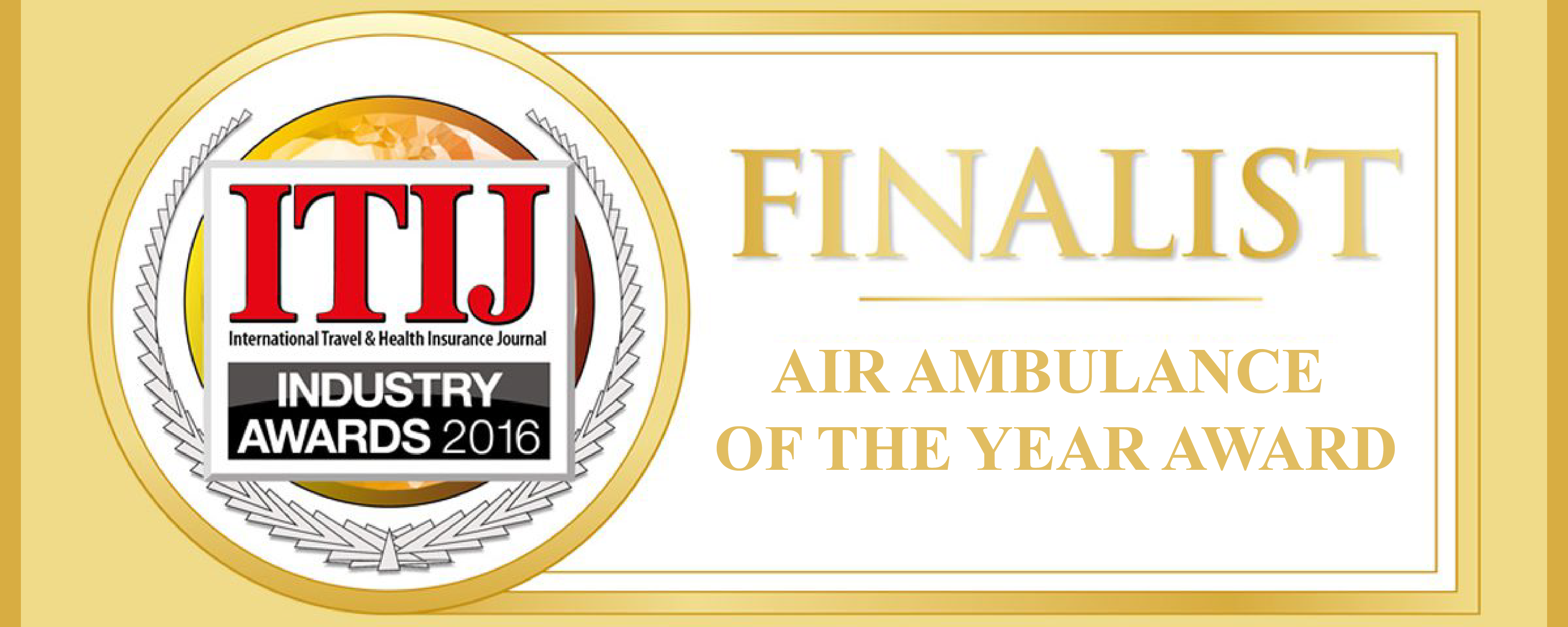
Leave A Comment